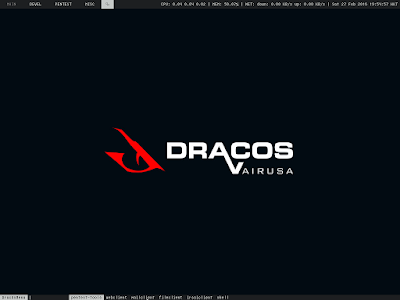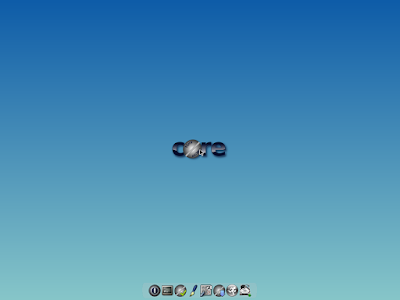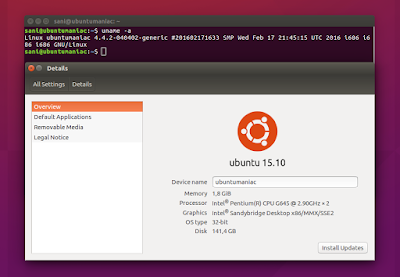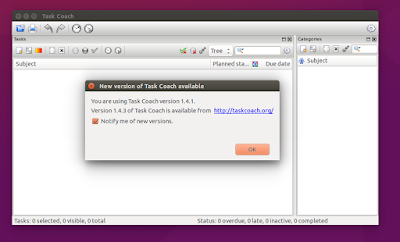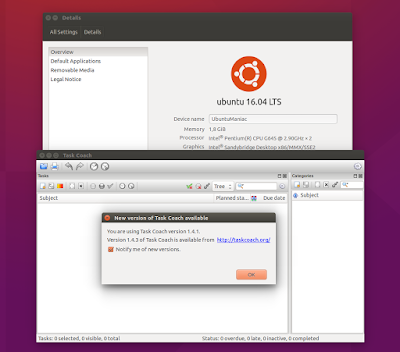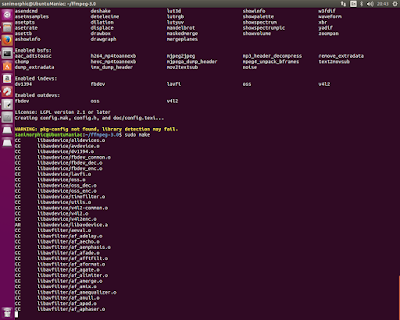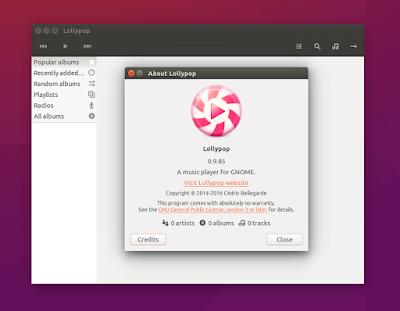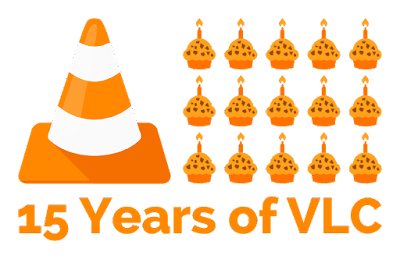How to Upgrade to Linux Kernel 4.4.3 (stable) on Ubuntu Derivative System
Upgrade Linux Kernel 4.4.3 (stable) on Ubuntu 16.04 Xenial Xerus, Ubuntu 15.10 wily werewolf, Ubuntu 15.04 vivid Vervet, ubuntu 14.10 Utopic Unicorn, Ubuntu 14.04 Trusty Tahr (LTS) and other Ubuntu derivative systems
Linux kernel is the essential part of any Linux
operating system. It is responsible for resource allocation, low-level
hardware interfaces, security, simple communications, basic file system
management, and more. Written from scratch by Linus Torvalds (with help
from various developers), Linux is a clone of the UNIX operating system.
It is geared towards POSIX and Single UNIX Specification compliances.
Includes powerful features
Linux provides users with powerful features, such as
true multitasking, multistack networking, shared copy-on-write
executables, shared libraries, demand loading, virtual memory, and
proper memory management.
Initially designed only for 386/486-based computers,
now Linux supports a wide range of architectures, including 64-bit
(IA64, AMD64), ARM, ARM64, DEC Alpha, MIPS, SUN Sparc, PowerPC, as well
as Amiga and Atari machines.
How to Upgrade to Linux Kernel 4.4.3 (stable) on Ubuntu Derivative System :
Install / upgrade Linux Kernel 4.4.3 (stable) on Ubuntu 16.04 Xenial Xerus, Ubuntu 15.10 wily werewolf, Ubuntu 15.04 vivid Vervet, ubuntu 14.10 Utopic Unicorn, Ubuntu 14.04 Trusty Tahr (LTS) and other Ubuntu derivative systems, open a new Terminal window and bash (get it?) in the following commands:
Kernel 32 bit :
wget http://kernel.ubuntu.com/~kernel-ppa/mainline/v4.4.3-wily/linux-headers-4.4.3-040403_4.4.3-040403.201602251634_all.deb
wget http://kernel.ubuntu.com/~kernel-ppa/mainline/v4.4.3-wily/linux-headers-4.4.3-040403-generic_4.4.3-040403.201602251634_i386.deb
wget http://kernel.ubuntu.com/~kernel-ppa/mainline/v4.4.3-wily/linux-image-4.4.3-040403-generic_4.4.3-040403.201602251634_i386.deb
Kernel 64 bit :
wget http://kernel.ubuntu.com/~kernel-ppa/mainline/v4.4.3-wily/linux-headers-4.4.3-040403_4.4.3-040403.201602251634_all.deb
wget http://kernel.ubuntu.com/~kernel-ppa/mainline/v4.4.3-wily/linux-headers-4.4.3-040403-generic_4.4.3-040403.201602251634_amd64.deb
wget http://kernel.ubuntu.com/~kernel-ppa/mainline/v4.4.3-wily/linux-image-4.4.3-040403-generic_4.4.3-040403.201602251634_amd64.deb
Update and upgrade Linux Kernel 4.4.3 :
# sudo dpkg -i *.deb
Atfer install complete, update grub and reboot your computer and choose new kernel in grub :
# sudo update-grub
# sudo reboot
WARNING: Installing a new kernel may render your system unusable or unstable. If you proceed with the installation using the instructions below, make sure you back up any important data you have to an external hard drive.
The source is available now. Binary packages are in the process of being built, and will appear soon at their respective download locations.
Enjoy! I hope this article adding you more clarity.

